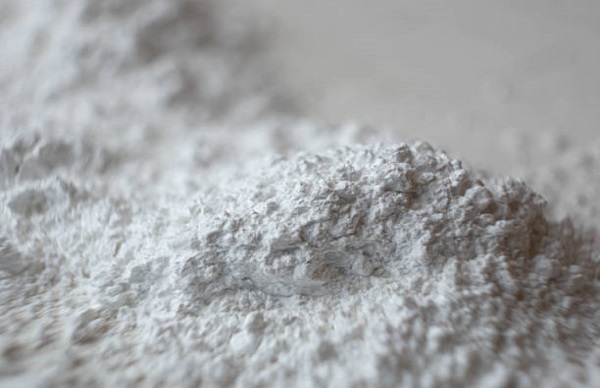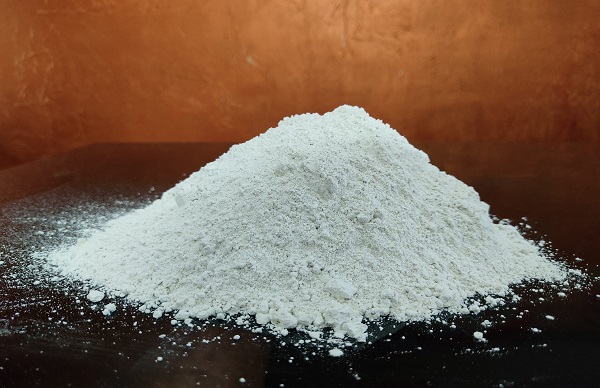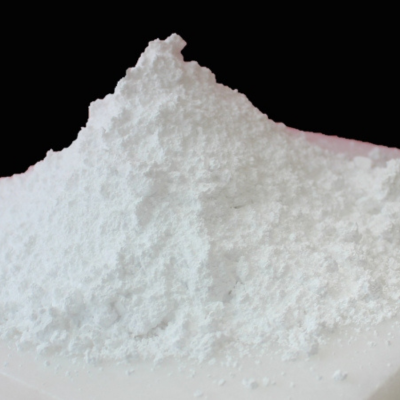
Your Comprehensive Guide to Calcium Carbonate Production
October 1, 2024
Can calcium carbonate dissolve in water
October 1, 2024Calcium Carbonate Powder Suppliers
Calcium Carbonate Powder Suppliers is a naturally occurring mineral form of calcium and is a crucial component of the human diet. It is not only important for building and maintaining strong bones and teeth but also plays a vital role in various physiological functions, including muscle contraction, nerve transmission, and blood clotting. While calcium carbonate is commonly used as a dietary supplement and food additive, it is also present in a variety of foods. This article will explore the foods that naturally contain calcium carbonate and its importance in our diet.
1. Dairy Products
Dairy products are among the richest natural sources of calcium carbonate.
- Milk: Cow's milk is particularly high in calcium, with an average of about 300 mg of calcium per cup (about 240 ml). Fortified plant-based milk alternatives, such as almond or soy milk, often have added calcium carbonate to enhance their nutritional value.
- Cheese: Many types of cheese, including cheddar, mozzarella, and Swiss, are excellent sources of calcium. A single ounce (about 28 grams) of cheddar cheese can provide approximately 200 mg of calcium, contributing to your daily intake.
- Yogurt: Yogurt is not only a good source of calcium but also contains beneficial probiotics for gut health. A typical serving of yogurt can contain anywhere from 200 mg to 400 mg of calcium, depending on the brand and type.
2. Leafy Green Vegetables
Certain leafy greens can also provide calcium, though they often contain oxalates, which can inhibit calcium absorption. Nevertheless, they are a valuable addition to a balanced diet. Some of the best leafy green sources include:
- Kale: Kale is an excellent source of calcium, with about 180 mg of calcium per cooked cup (about 130 grams). It is also rich in vitamins A, C, and K, making it a nutritious choice.
- Collard Greens: A cooked cup of collard greens can provide roughly 250 mg of calcium.
- Bok Choy: This Asian green is not only low in calories but also rich in calcium. One cup of cooked bok choy offers around 160 mg of calcium.
3. Fish and Seafood
Certain types of fish, particularly those consumed with their bones, are good sources of calcium carbonate. Examples include:
- Canned Salmon: Canned salmon, especially with the bones, is an excellent source of calcium, providing about 200 mg of calcium per 3-ounce (about 85 grams) serving. The soft, edible bones are rich in calcium and omega-3 fatty acids.
- Sardines: Like salmon, canned sardines are often consumed with their bones, offering around 325 mg of calcium per 3-ounce serving. They are also a good source of vitamin D, which aids calcium absorption.
4. Nuts and Seeds
Some nuts and seeds are rich in calcium and can be easily incorporated into various meals and snacks. Notable examples include:
- Almonds: Almonds are not only a healthy snack but also a great source of calcium, providing approximately 76 mg of calcium per ounce (about 28 grams). They are also high in healthy fats and vitamin E.
- Chia Seeds: An ounce of chia seeds contains about 177 mg of calcium, along with a good amount of fiber and omega-3 fatty acids.
- Sesame Seeds: Sesame seeds, especially when ground into tahini, can provide a significant calcium boost, with around 280 mg of calcium per ounce.
5. Fortified Foods
Many food manufacturers fortify their products with calcium carbonate to enhance their nutritional value. Common fortified foods include:
- Breakfast Cereals: Many breakfast cereals are fortified with calcium carbonate, providing anywhere from 100 mg to 1,000 mg of calcium per serving.
- Orange Juice: Calcium-fortified orange juice can contain up to 300 mg of calcium per cup. This option is particularly popular for those who do not consume dairy products.
- Plant-Based Milk Alternatives: Many brands of almond, soy, and oat milk are fortified with calcium carbonate, often providing a similar calcium content to cow's milk.
6. Fruits
While fruits are generally not high in calcium, certain varieties do contain small amounts:
- Figs: Dried figs are surprisingly high in calcium, with about 300 mg per cup. They are also rich in fiber and antioxidants, making them a healthy snack option.
- Oranges: While not as high in calcium as some other sources, a medium orange contains about 60 mg of calcium, along with vitamin C and other nutrients.
Conclusion
Calcium carbonate is an essential mineral that plays a vital role in maintaining healthy bones and overall physiological functions. Incorporating a variety of foods that contain calcium carbonate into your diet can help meet your daily calcium requirements. From dairy products and leafy greens to fortified foods and seafood, there are numerous delicious options to choose from. By being mindful of your dietary choices, you can ensure you are getting enough calcium for optimal health.
Remember Sudarshan Group to consult with a healthcare professional if you have specific dietary needs or concerns about your calcium intake.



